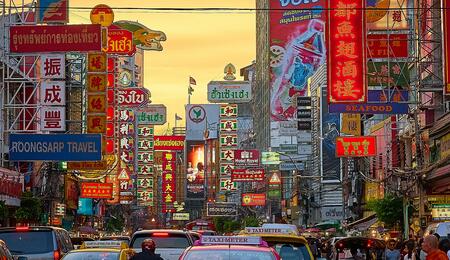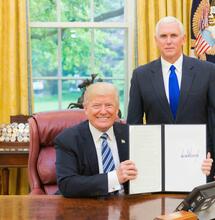Thailand to Reverse Decision on Recreational Cannabis

On January 10, Thailand’s government declared that it is switching its progressive policies toward cannabis, following only 18 months of being the first Southeast Asian country to legalise the drug. New Prime Minister Srettha Thavisin, aims to restrict cannabis use to medical purposes only. Last year Srettha vowed to “rectify” cannabis laws within six months due to worries that decriminalisation had created a spike in recreational drug use.
A proposed bill restricts cannabis use for medical purposes and also brings back tough penalties for both possession and use. This includes hefty fines and up to 12-month prison sentences. Additionally, New Health Minister Cholnan Srikaew has revealed that cannabis extracts that contain more than 0.2 per cent of THC, will be classified as narcotics.
Who took Cannabis Off the List of Illegal Narcotics?
Srettha’s standpoint marks a notable shift from the stance of former Prime Minister Prayut Chan-o-cha, who withdrew cannabis from the country’s record of illegal narcotics, allowing for legal cultivation, trade, and use of cannabis and hemp. Very quickly this resulted in a boom in cannabis- businesses, including dispensaries, cafes, and spas. Popular tourist cities including Chiang Mai and Bangkok welcomed the trend, hosting events that enticed tourists and helped to fuel the evolution of the cannabis industry.
Anutin Charnvirakul, former public health minister and main proponent of legalisation has clarified that his focus was never on allowing public recreational cannabis use. Instead, the intention was to encourage cannabis policies for medicinal purposes, which in turn would help create more economic opportunities for farmers.
The sharp turnaround has left pro-legislation advocates disappointed, flaring concerns about its effect on the economy and the countless businesses that are heavily invested in the cannabis sector. Advocacy groups like the Future Cannabis Network argue that the government’s decision is simply a knee-jerk reaction and that it is too late to reclassify cannabis as an illegal drug.
Whilst the economy is a focal point, the policy reversal may also have legal implications. The move from a decriminalised country back to a restrictive one proposes many conceivable legal problems. Existing entrepreneurs in Thailand’s current cannabis industry may face problems adjusting to the new restrictions. Advocate groups may begin to examine legal routes to communicate concerns and challenge the government’s most recent actions in court.
The government intends to complete the drafting of the new legislation soon. Subsequently, it is believed that parliamentary debates concerning the bill will occur soon as well. The official confirmation of the enactment date remains undisclosed at this point.
More From Soft Secrets:
Is Thailands' Cannabis Boom About to End?
Thailand Release 3000 Prisoners







